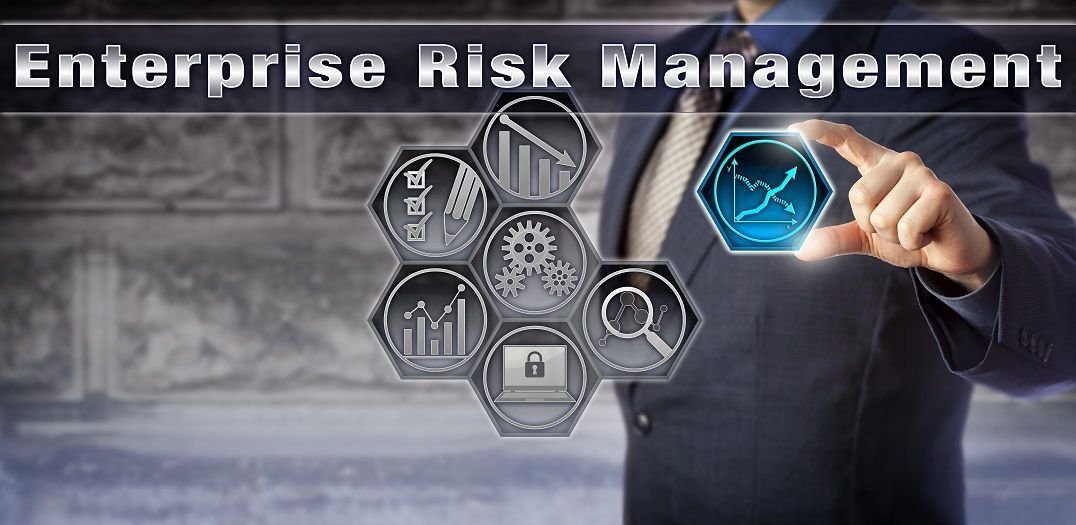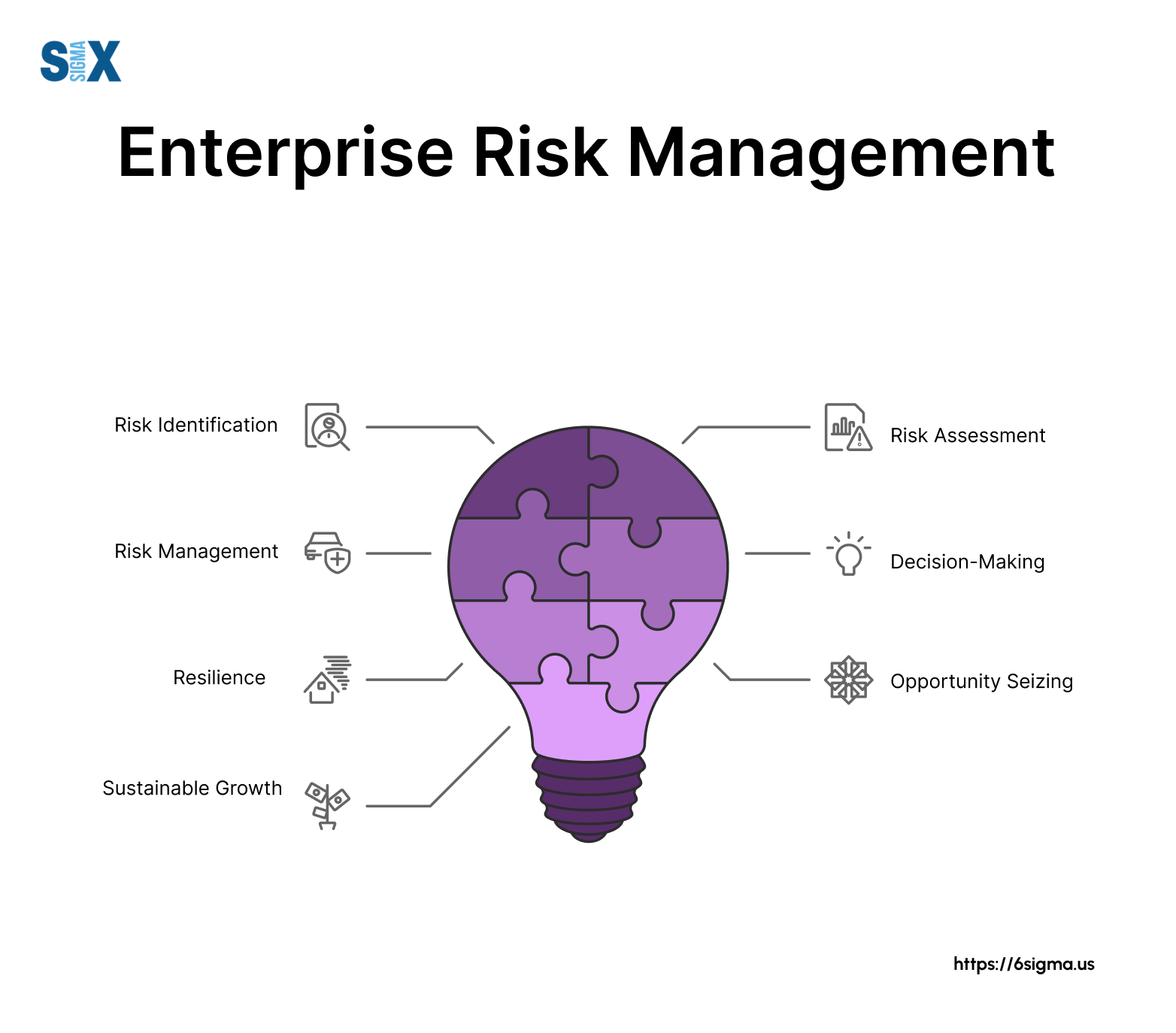Insider threats serve as a powerful guide for strengthening system frameworks
Wiki Article
Discover the Duty of AI in Encouraging Ethics and Honesty to Fight Insider Threats Successfully
The integration of AI in business structures has ended up being critical in addressing insider risks. By employing advanced analytics and real-time surveillance, AI systems can identify inconsistencies from ethical habits amongst staff members (Insider threats). This proactive strategy not just improves conformity but likewise fosters a setting of count on. As business increasingly count on these innovations, concerns emerge regarding their effectiveness and possible effects for workplace culture. What exists in advance in the advancement of AI's role in promoting integrity?Understanding Insider Dangers and Their Influence On Organizations
Although organizations often concentrate on external dangers, insider hazards pose a substantial threat that can weaken security and integrity. These hazards arise from people within the company, such as specialists or workers, who might abuse their accessibility to sensitive information for individual gain or harmful intent. The influence of insider threats can be serious, leading to monetary losses, reputational damages, and legal ramifications.Aspects adding to insider hazards include frustration with the work environment, absence of oversight, and insufficient worker training on protection methods. Organizations commonly struggle to identify these dangers, as they can be challenging to discover until significant damage has actually happened. Avoidance techniques must concentrate on fostering a culture of trust and responsibility, along with applying durable tracking and reporting systems. By acknowledging and addressing the complexities of expert risks, companies can boost their safety and security position and safeguard their valuable possessions from internal risks.
The Development of AI in Work Environment Safety And Security
As organizations increasingly face varied safety and security difficulties, the assimilation of synthetic intelligence (AI) in work environment security has actually developed significantly. At first, AI applications focused mostly on automating basic safety methods, such as access control and monitoring. Improvements in machine discovering and information analytics have actually changed AI into a proactive tool capable of identifying prospective threats and vulnerabilities in real-time.Organizations now leverage AI-driven systems to examine large quantities of information, allowing them to identify anomalous actions that may indicate expert threats. This development has caused the advancement of innovative formulas that can find out from historic incidents, boosting the system's predictive abilities. Additionally, AI tools are increasingly utilized to streamline occurrence reaction processes, permitting security groups to act promptly and efficiently.
Just How AI Monitors Employee Behavior for Ethical Compliance
Fabricated intelligence plays a crucial function in monitoring staff member behavior to assure moral compliance within organizations. AI systems evaluate vast quantities of information generated by staff members, consisting of interactions, purchases, and access to sensitive details. By employing sophisticated algorithms, these systems can recognize inconsistencies from established honest requirements and firm policies.Device knowing designs constantly adapt to identify patterns of behavior that might indicate moral breaches, such as unapproved data access or unusual deal tasks. Insider threats. On top of that, AI-driven devices can provide real-time informs to management, facilitating prompt interventions when prospective dangers are spotted
The assimilation of AI into conformity tracking not just improves the organization's ability to promote honesty yet also fosters a culture of liability among employees. By promoting transparency, AI systems act as a deterrent against underhanded habits, making certain that staff members stay aligned with honest standards and organizational values.
Evaluating Patterns: Determining Risky Behavior With AI
An expanding number of companies are leveraging AI to analyze patterns that might show high-risk actions amongst workers. By utilizing advanced formulas, these systems can sift through vast quantities of information, determining anomalies in user actions that can suggest potential expert dangers. AI can find unusual access patterns to delicate information, such as staff members accessing data outside their usual extent of work or throughout atypical hours. Additionally, behavior analytics can highlight frequent adjustments in an employee's interaction style or cooperation habits, which may indicate underlying problems. This proactive strategy enables companies to identify threat elements prior to they escalate into substantial dangers. The assimilation of AI into keeping an eye on techniques not only improves protection but also promotes a society of accountability and honest habits. By recognizing these patterns, organizations can better comprehend the behavior dynamics within their labor force, inevitably promoting a much safer and a lot more moral work environment.
Real-Time Insights: Immediate Reactions to Prospective Hazards
Real-time understandings through predictive analytics and automated alert systems play a vital duty in resolving potential threats to ethics and stability. By leveraging these innovations, companies can prepare for high-risk actions and react promptly to mitigate risks. This proactive approach enhances accountability and fosters a culture of integrity in various settings.Predictive Analytics Applications

Automated Alert Equipments
Anticipating analytics supplies a foundation for organizations to improve their responsiveness to honest issues through automated sharp systems. These systems use real-time data to check tasks, identifying abnormalities that may signify possible insider hazards. By leveraging maker knowing formulas, automated informs can recognize patterns of habits that differ developed norms, allowing for quick intervention. This immediacy is crucial in mitigating dangers connected with dishonest techniques. Additionally, automated alert systems can enhance communication among pertinent stakeholders, making sure that potential dangers are addressed immediately and effectively. As companies increasingly count on AI-driven solutions, the combination of automated sharp systems will certainly play a pivotal function in cultivating a society of ethics and honesty, inevitably safeguarding business assets.Fostering a Culture of Trust With AI-Driven Transparency
AI-driven transparency can considerably improve trust within companies by promoting responsibility and open interaction. With real-time tracking options, stakeholders can obtain understandings right into procedures and decision-making, fostering a culture of stability. Data-driven decision-making additionally supports this openness, making it possible for informed choices that straighten with ethical requirements.Enhancing Openness and Responsibility
Just how can companies effectively foster a society of trust? By improving transparency and responsibility via the strategic use of synthetic intelligence. AI can help organizations systematically track decision-making processes, ensuring that activities align with well-known honest requirements. This transparency enables employees to see the website here rationale behind choices and plans, minimizing uncertainty and fostering a sense of fairness. Furthermore, AI-driven tools can facilitate clear interaction pertaining to responsibilities and assumptions, encouraging people to take ownership of their activities. As liability comes to be ingrained in the business society, employees are extra most likely to participate in moral habits, knowing their activities are kept an eye on and assessed. Ultimately, this strategy cultivates an environment where trust fund can grow, greatly alleviating the threat of expert dangers.Real-Time Tracking Solutions
As organizations increasingly look for to foster a society of depend on, real-time tracking remedies emerge as a critical tool in improving transparency. These AI-driven systems constantly track activities, giving insights right into user behavior and prospective anomalies that may show insider threats. By implementing such tracking solutions, companies can proactively identify dangers, ensuring timely feedbacks to dubious activities. This not only safeguards delicate information however also strengthens a dedication to moral techniques. In addition, the clear nature of real-time surveillance helps construct worker self-confidence, as people are aware that their actions are being observed for the better good. Ultimately, these options offer to grow a workplace setting based in trust, liability, and ethical stability, necessary for mitigating insider threats successfully.
Data-Driven Decision Making
Real-time tracking options lay the groundwork for data-driven decision making, which considerably improves organizational transparency. By leveraging AI innovations, organizations can evaluate large amounts of data to identify patterns and anomalies a measure of prospective insider risks. This logical approach makes it possible for stakeholders to make enlightened choices based in empirical evidence, fostering a society of trust fund amongst workers. Transparency in decision-making procedures, strengthened by AI-driven understandings, motivates accountability and moral actions. Furthermore, it allows companies to proactively resolve susceptabilities, guaranteeing that actions taken are warranted and interacted clearly. Because of this, the application of data-driven techniques not just alleviates risks related Learn More Here to insider risks yet likewise reinforces the values of integrity and moral conduct within the organizational framework.Future Patterns: The Role of AI in Enhancing Office Ethics
While organizations significantly transform to artificial knowledge for operational performance, the capacity of AI to boost work environment values is acquiring prestige. Future patterns show that AI will play an essential duty in developing ethical structures and guidelines, enabling organizations to navigate intricate moral issues. By evaluating substantial amounts of data, AI can recognize patterns of underhanded actions and offer understandings that advertise transparency and responsibility.AI-driven devices can help with real-time tracking of staff member communications, guaranteeing adherence to honest requirements. This aggressive approach not only alleviates expert hazards but also cultivates a society of honesty. As companies embrace AI technologies, they should likewise focus on honest shows and mathematical prejudice decrease to assure fairness.
In this evolving landscape, the integration of AI in honest methods represents a transformative shift, promoting an atmosphere where stability is not simply anticipated but systematically reinforced.
Frequently Asked Questions
How Does AI Differentiate Between Benign and Malicious Actions?
AI differentiates between harmful and benign actions by assessing patterns in user habits, using artificial intelligence algorithms to recognize anomalies, and assessing contextual data to establish whether actions align with well established standards or exhibit potential threats.Can AI Tools Replace Human Being Judgment in Honest Decision-Making?
AI tools can not fully change human judgment in honest decision-making. While they can examine data and identify patterns, the nuanced understanding of context, worths, and moral implications still calls for human understanding and discernment.What Are the Privacy Implications of AI Keeping Track Of Employee Actions?

How Can Organizations Make Certain AI Algorithms Are Morally Created?
Organizations can ensure AI algorithms are morally created by executing transparent growth procedures, involving varied stakeholders, carrying out routine audits, and sticking to well visit here established honest structures that focus on fairness, liability, and respect for user personal privacy and rights.What Training Is Required for Personnel to Understand Ai's Honest Function?
Team training must encompass fundamental AI principles, information privacy, and bias understanding. Workshops, study, and interactive sessions can boost understanding, guaranteeing employees acknowledge AI's honest effects and its function in promoting honesty within the organization.
Fabricated knowledge plays an important duty in keeping track of staff member habits to ensure ethical conformity within organizations. The combination of AI into keeping track of techniques not only improves protection yet also promotes a society of accountability and honest actions. While organizations significantly face honest predicaments and prospective honesty violations, predictive analytics applications use prompt insights that can aid mitigate these dangers. Predictive analytics gives a foundation for companies to boost their responsiveness to moral concerns through automated sharp systems. Future fads indicate that AI will play a vital duty in developing honest frameworks and guidelines, enabling companies to browse complex moral problems.
Report this wiki page